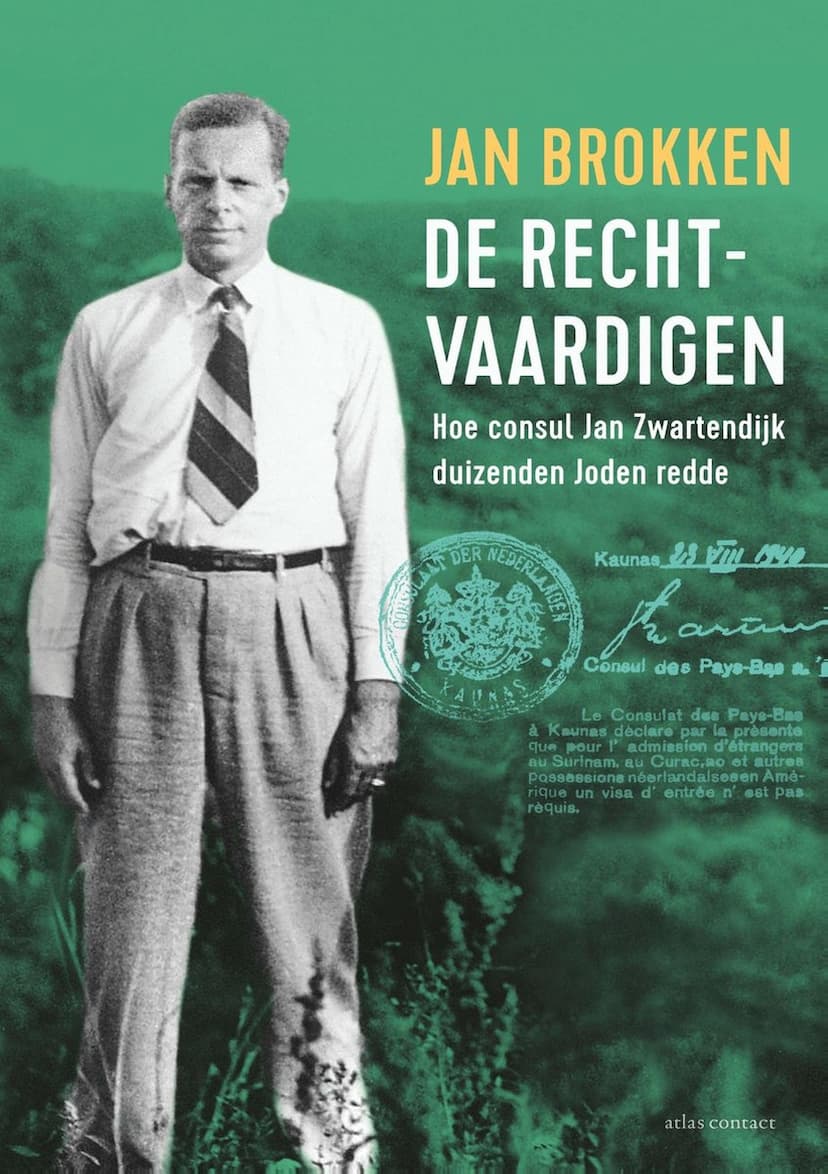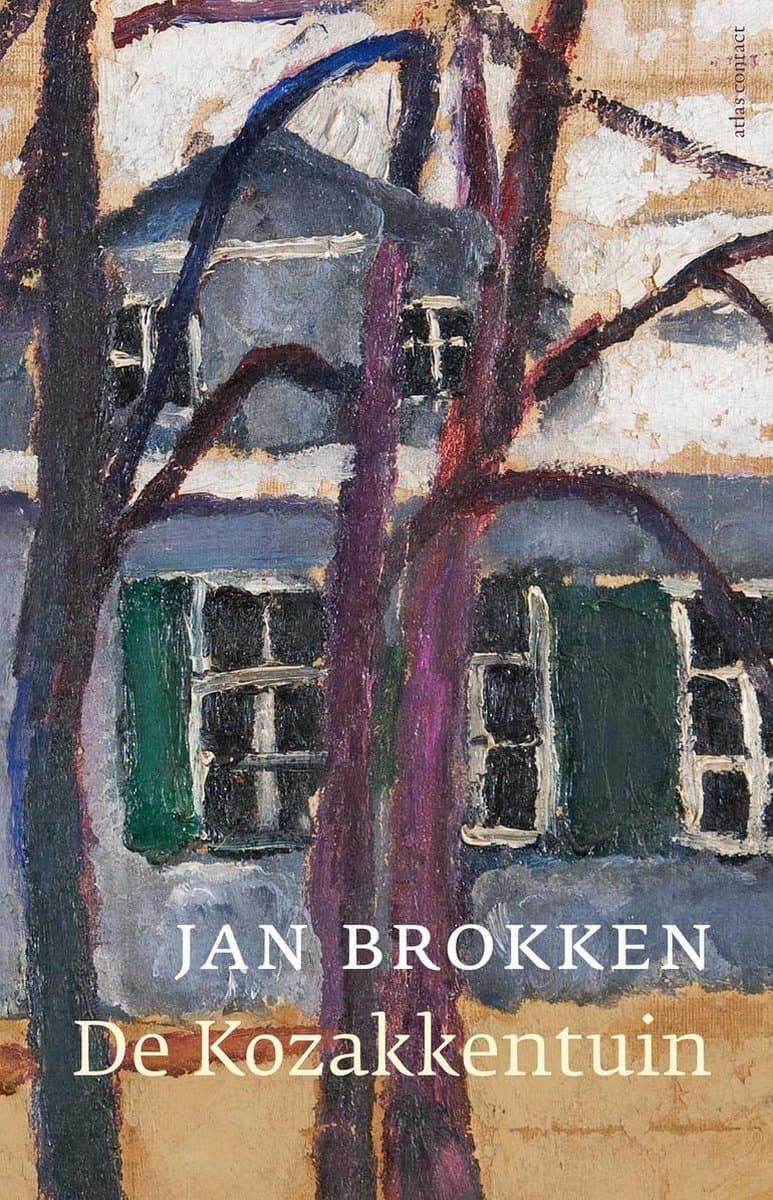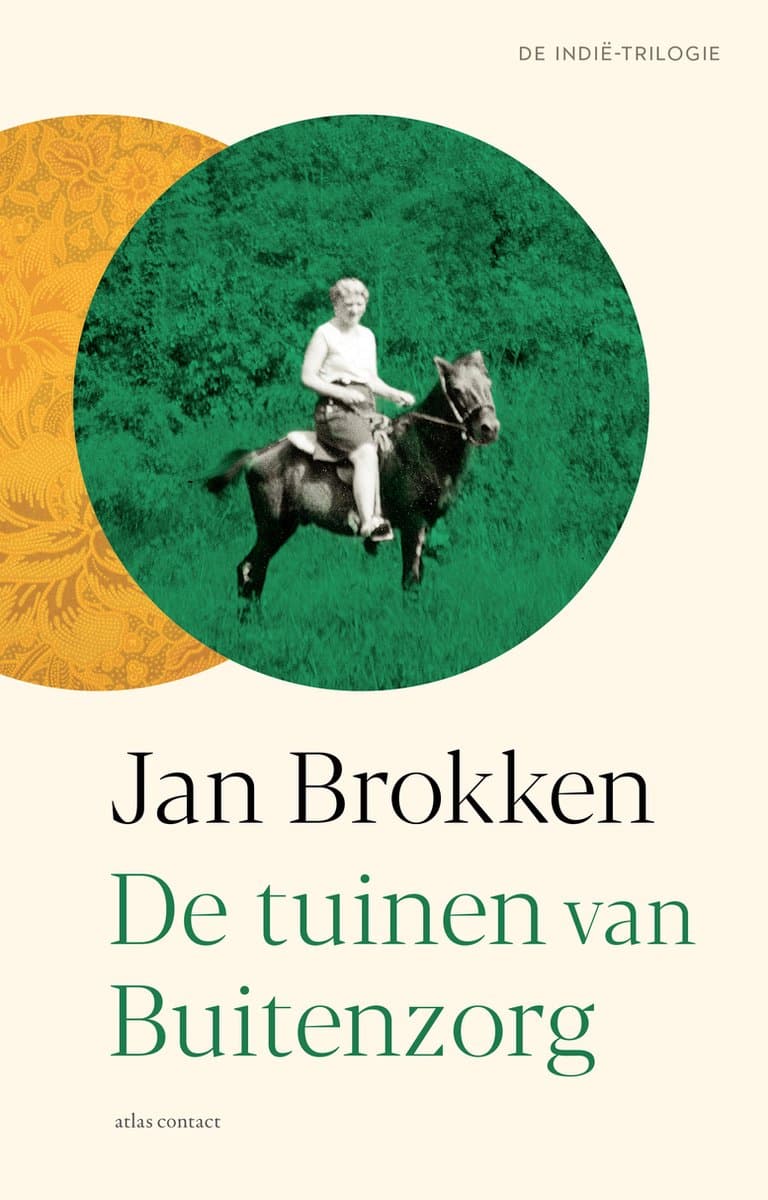Jan Brokken
Jan Brokken (b. 1949) is a writer of novels, travel stories and literary non-fiction. He has garnered international fame with, among other books, 'The Blind Passengers', 'My Little Madness', 'Baltic Souls', 'In the Poet’s House', 'The Reprisal', 'The Cossack’s Garden', 'The Just', 'City Pilgrim' and 'The Camp Painters'. His work has been translated into Chinese, English, French, German, Italian, Russian, Czech, Portuguese, Spanish and many more.
-jelmer-de-haas-rechtenvrij.jpg&w=3840&q=75)
More Jan Brokken

The Just
At the beginning of the Second World War, the Dutch consul in Lithuania found a way to save the lives of thousands of Jewish people who had fled Poland, by giving them visas for the Dutch island of Curaçao in the Caribbean. Visas in hand, the refugees were able to take the Trans-Siberian railway to Japan and then disperse to all four corners of the globe. The vast majority of them survived the war.

The Cossack Garden
St Petersburg, 21 December 1849, and a man in his late twenties in a white shirt stands in front of a firing squad in the cold. He kisses the silver crucifix held to his lips by a priest, in the sure knowledge that he is about to die. Just before the command ‘Fire!’ is given, a pardon arrives from the Czar. The white-shirted man is the writer Fyodor Mikhaelovich Dostoyevsky. Alexander von Wrangel, a student, eleven years younger, is a witness.

The Gardens of Buitenzorg
Long before Jan Brokken (1949) was born, his parents lived in Indonesia, a Dutch colony at the time. Brokken never knew much about that part of his parents’ past.

The Discovery of Holland
On a little-known artist’s colony frequented by world-famous painters